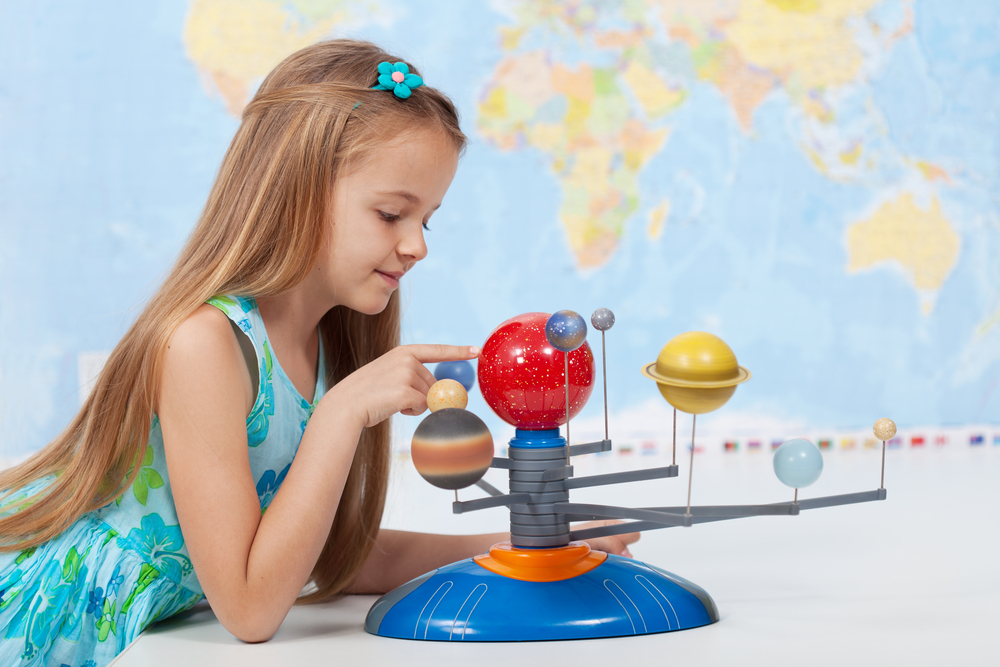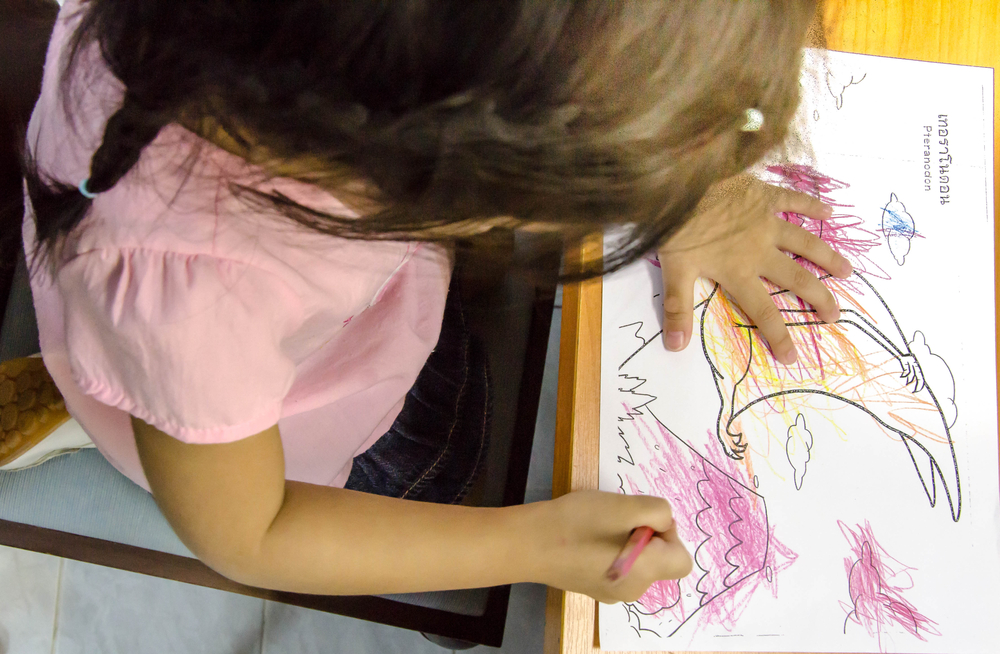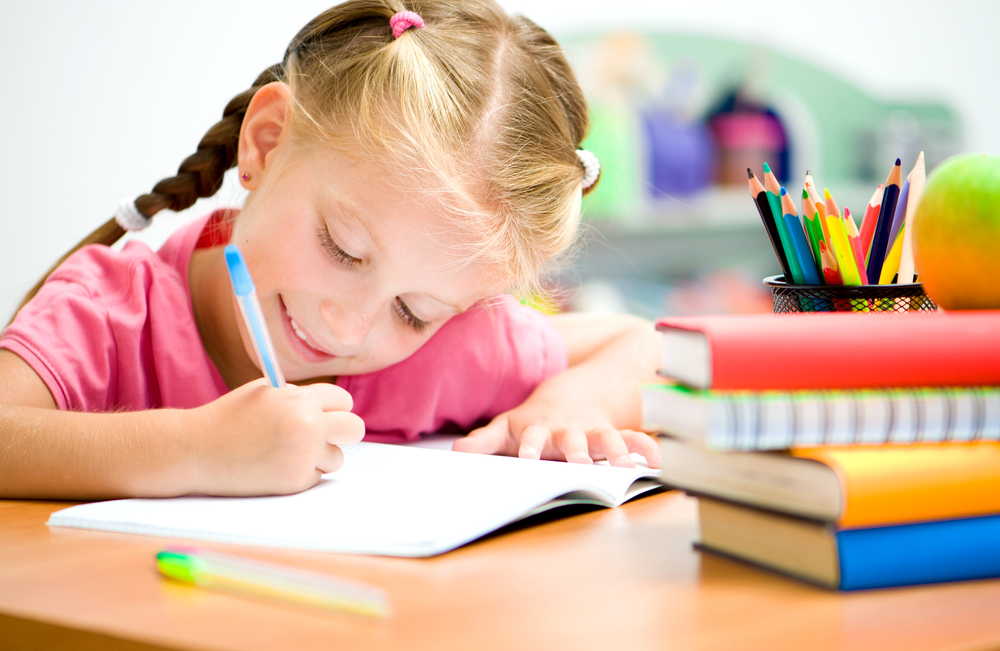Matching skills Normal Science Worksheets for 7-Year-Olds
3 filtered results
-
From - To
Discover engaging "Matching Skills Normal Science Worksheets for 7-Year-Olds" on Kids Academy. Tailored for young learners, these worksheets enhance critical thinking, observation, and analysis abilities through fun matching exercises. They cover various science topics, helping kids connect concepts and improve cognitive skills while keeping them entertained. Perfect for classroom use or at-home practice, each worksheet is designed to captivate young minds and build a solid foundation in science. With Kids Academy's expertly crafted resources, your child will enjoy learning and mastering matching skills effortlessly. Explore now and make science learning an exciting adventure!
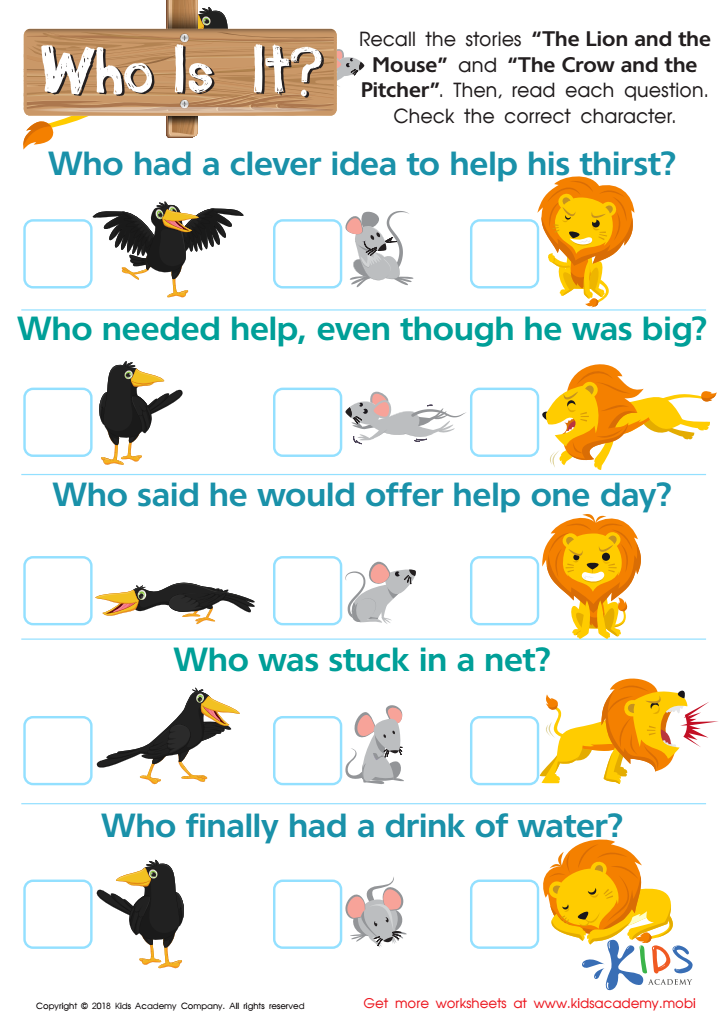

Who Is It? Worksheet
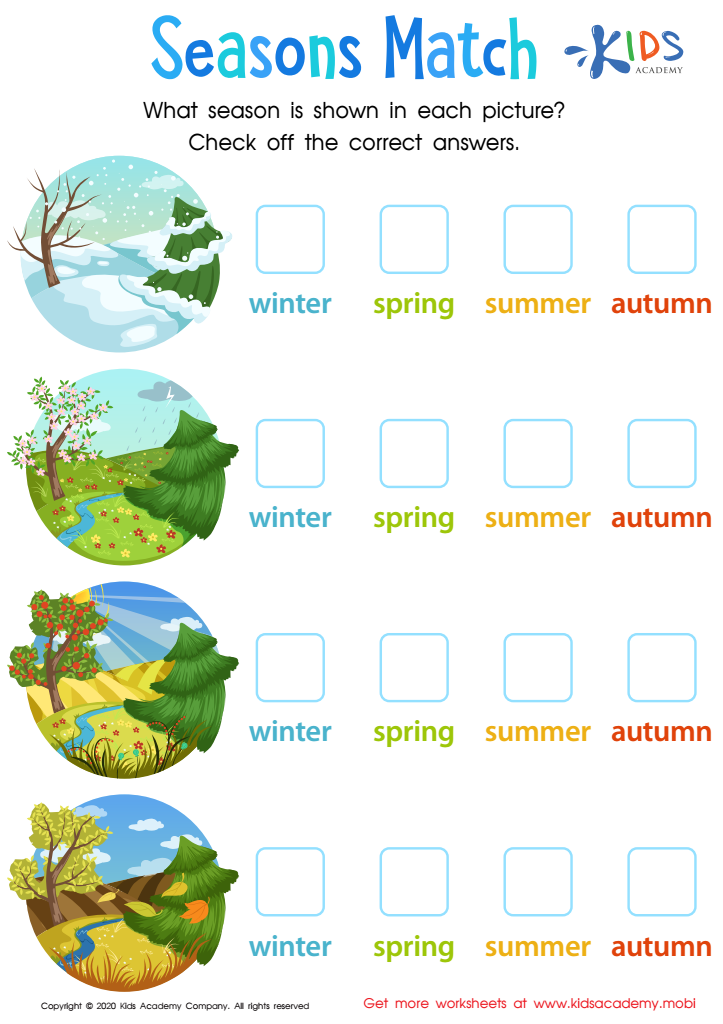

Seasons Match Worksheet
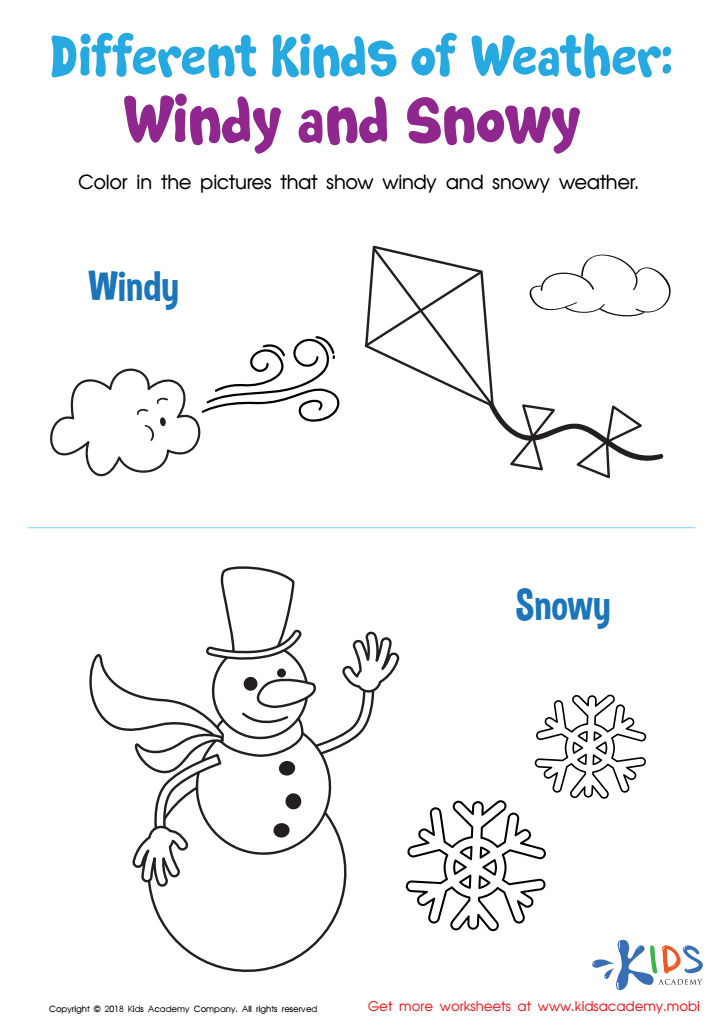

Different Kinds of Weather: Windy and Snowy Worksheet
Parents and teachers should care about matching skills in science for 7-year-olds because these foundational abilities are a critical part of early cognitive development and provide an essential basis for later scientific understanding. Matching involves identifying similarities and differences, an important skill in scientific observation and classification. By engaging in matching activities, children develop their ability to observe keenly, recognize patterns, and make connections. This strengthens their logical thinking and problem-solving skills.
For instance, children who engage in matching exercises learn to classify living and non-living things, identify sources of light, and understand weather patterns. This foundational knowledge aligns with the primary science curriculum, making it easier for children as they progress in school. Additionally, matching activities can make learning interactive and fun, keeping young children engaged and interested in science. Engaging in practical matching games and exercises also encourages effective communication skills as children discuss their findings and reasoning.
Lastly, nurturing a child's natural curiosity about their environment at a young age builds a strong base for STEM (Science, Technology, Engineering, Mathematics) areas. Emphasizing matching skills promotes a positive and proactive attitude toward learning and equips children with the observational and analytical tools necessary for more complex scientific concepts later in life.

 Assign to My Students
Assign to My Students




